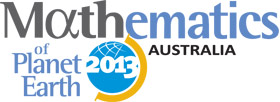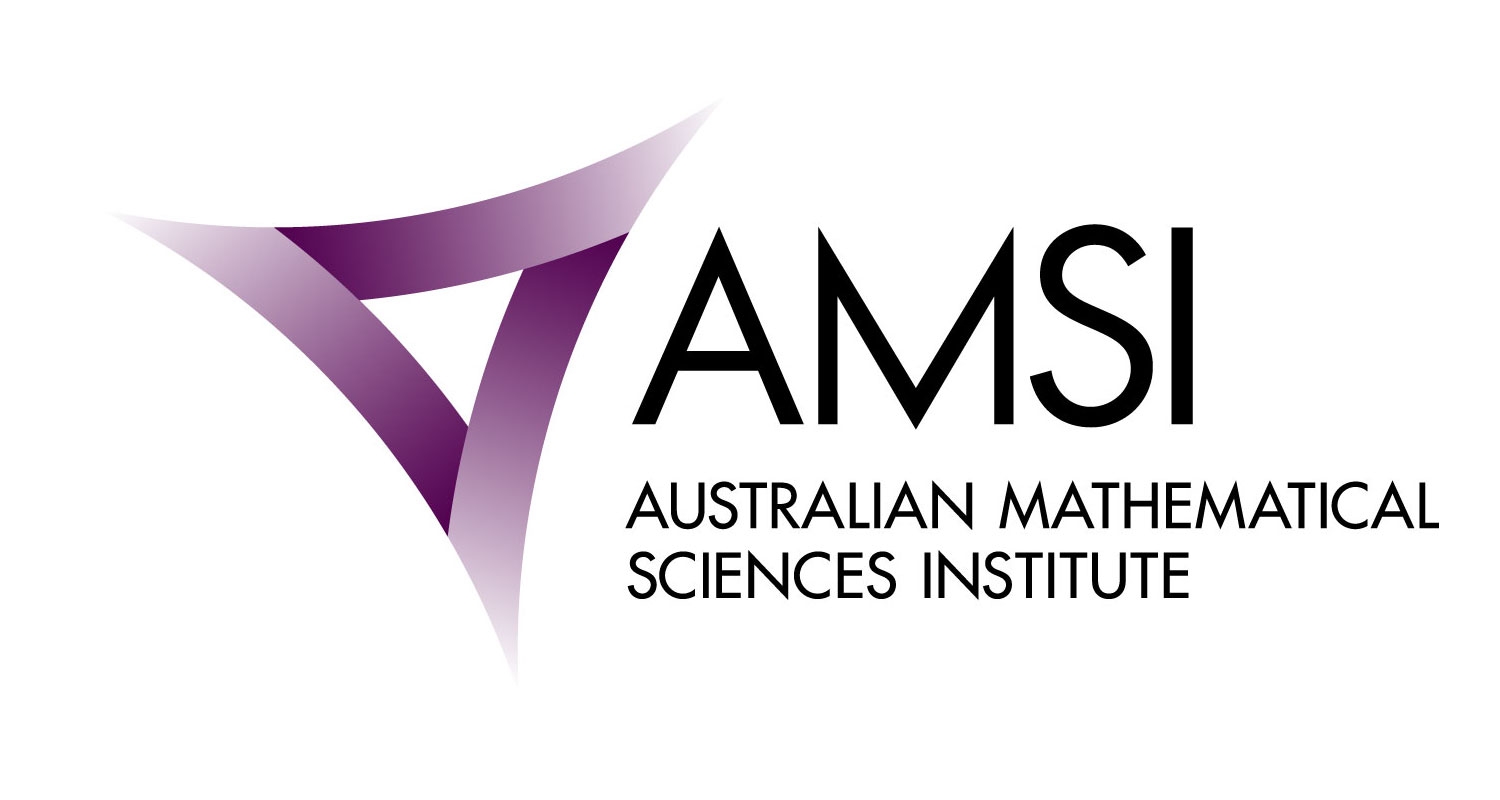The AMSI workshop on
Mathematics of
Transportation Networks
This workshop will bring together researchers from multiple academic disciplines, including mathematics, engineering and computer science, as well as stakeholders from government and industry, to discuss the application of mathematics to the design and operation of transportation networks. Understanding the inherently multi-scale nature of such networks will be a central focus. Topics covered will include traffic flow theory and simulation, optimisation and control, data mining, intelligent transport systems, logistics, and infrastructure planning.
Public Lecture
- Prof Mark Wallace, Monash University and Opturion
Keynote Speakers
- Prof Serge Hoogendoorn, Delft University of Technology
Sponsors
| Monash Academy for Cross & Interdisciplinary Mathematical Applications (MAXIMA) |
||
| Melbourne Advanced Transportation Research Initiative (MATRIx) |
||
 | Australian Mathematical Sciences Institute (AMSI)
This event is sponsored by the Australian Mathematical Sciences Institute (AMSI). AMSI allocates a travel allowance annually to each of its member universities. Students or early career researchers from AMSI member universities without access to a suitable research grant or other source of funding may apply to their Head of Mathematical Sciences for subsidy of travel, accommodation and registration fee for out of the departmental travel allowance. |


